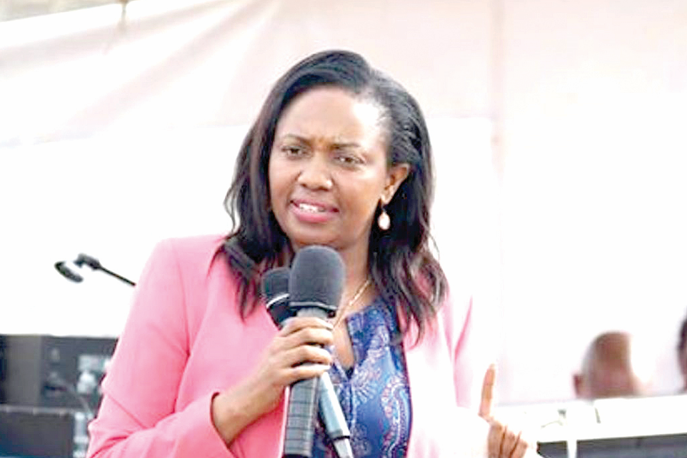NGO vouches for availability of data to help in achieving SDGs

The African Women’s Development and Communications Network (FEMNET) is vouching for availability of data in the implementation of Sustainable Development Goals by the year 2030.
In a statement sent to newsrooms yesterday, FEMNET underscored the deliberate infusion of data driven advocacy and approaches by governments and all stakeholders if they are indeed keen to transform the lives of women and girls in Africa.
‘’ If there are no statistics or data to present the actual reality to the gaps of gender inequalities in Africa then women and girls will continue to be disadvantaged and countries may not realize the full implementation of the SDGs2030,’’FEMNET noted.
Globally, data analysis is widely streamlined within the sustainable development goals with the deliberate hindsight to “leave no one behind”.
Because of lack of data analysis, communities that have been largely marginalized and forgotten such as women living with disabilities, sexual minorities and people from indigenous communities are often left behind in processes that reinforce inequalities.
In 2018, the global partnership that encompasses global civil society organizations and private sector released a survey report of over 600 gender advocates of which 89% agreed that a break-through in SDG progress on the most disadvantaged girls and women would not be possible without relevant data.
The survey also revealed that women’s rights organizations lack sufficient funding and expertise to effectively utilize data, which can be a barrier to the success of their advocacy efforts.
Further, during the 1st Pan African Women’s rights conference on SDGs hosted by FEMNET in 2017 over 200 women’s rights organizations, policy makers, high level government officials and other stakeholders produced a communique that reinforced the urgency for Data analysis in effective gender equality processes.
The Conference Identified gender data and budgetary allocation for gender equality and women’s empowerment as key pillars for ensuring that SDGs leave no woman behind needs a thorough data revolution within it even more than ever.















